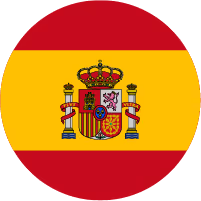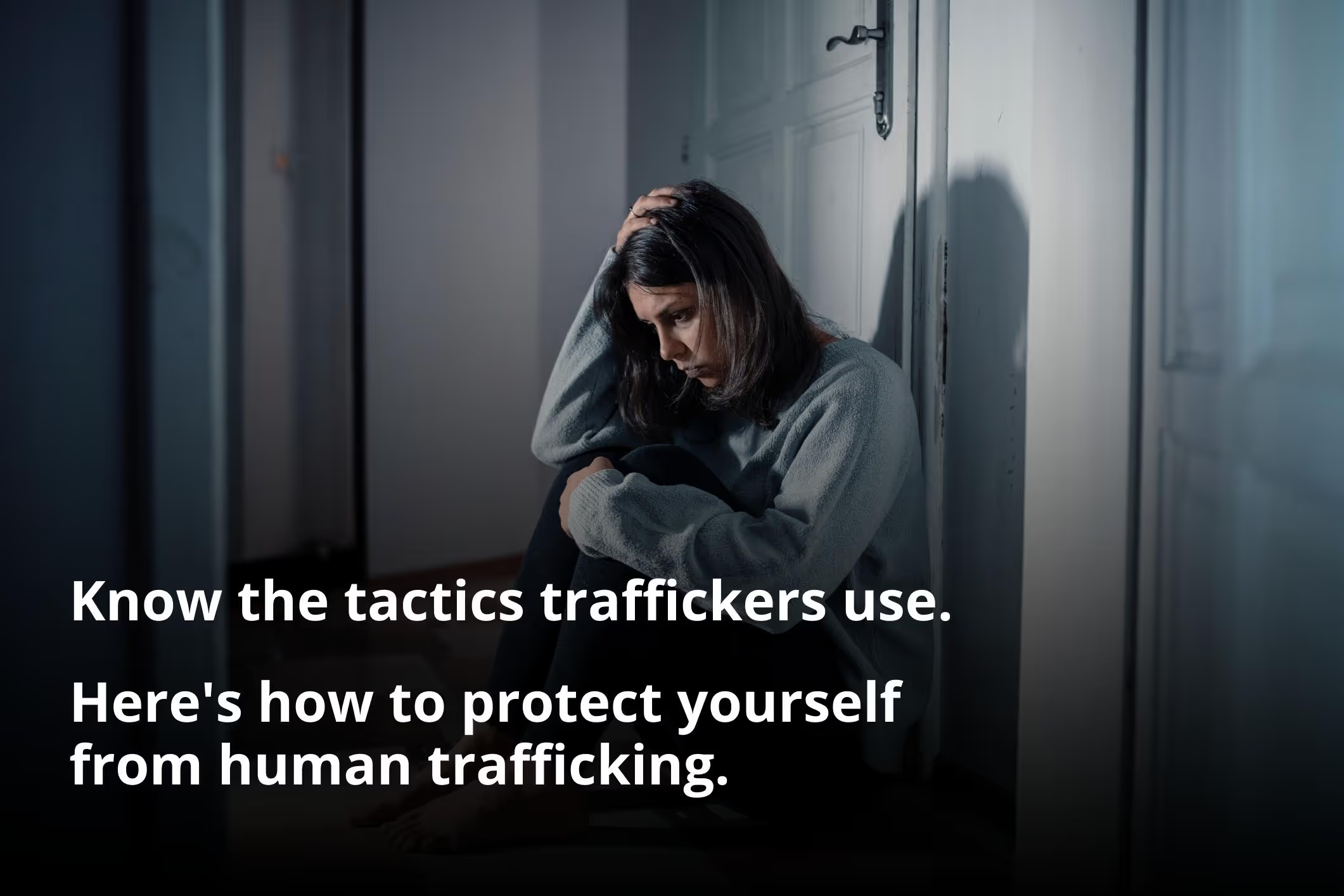Human trafficking isn't always loud or sudden. It often begins with a friendly message, a job offer, or someone appearing to help when you're vulnerable. But what starts as kindness can quickly turn into control, isolation, and exploitation.

At Thorsnes Bartolotta McGuire, we've seen firsthand how traffickers operate and how preventable many outcomes could have been. That's why we've created this guide to help you recognize the warning signs and learn how to protect yourself from human trafficking.
If you're worried that you, or someone you care about, may be experiencing signs of human trafficking, you're not alone. You can speak with someone who understands and can help. Reach out to us confidentially at (619) 236-9363 or online.
Why Awareness Saves Lives
Traffickers don't always match the Hollywood stereotype. Many build false trust slowly, using manipulation rather than force. They may tap into someone's need for connection, security, or opportunity, especially among teens, young adults, or people facing hardship.
Knowing how to protect yourself from human traffickers starts with understanding how these tactics work.
What Traffickers Look For
Understanding what traffickers look for helps you stay informed and alert. They often target people who are:
- New to an area or recently displaced,
- Living with financial stress or housing insecurity,
- Experiencing isolation or social anxiety,
- Searching for love or relationships online, or
- Looking for employment in a hurry.
Traffickers don't always begin with threats or force. Instead, they often spend time building fake trust through affection, opportunity, or support before slowly introducing manipulation and control.
Everyday Safety: How to Avoid Being Trafficked
Being aware changes everything. Here are five small but powerful actions that can make you less vulnerable to human trafficking situations.
- Guard Your Privacy Online: Traffickers often build rapport using details from your posts. Disable location sharing, keep your accounts private, and be cautious with new messages from strangers.
- Notice Red Flags in New Relationships: Someone offering gifts, constant praise, or quick emotional attachment may not have good intentions. If they pressure you to keep secrets or isolate yourself, it's time to reevaluate.
- Vet Job Offers Thoroughly: Be extra careful with work offers involving travel or live-in arrangements. Research the company, request documentation, and talk to someone you trust before accepting.
- Share Your Plans: Let someone know where you'll be and who you're with, especially when meeting new people or using transportation services like rideshare apps.
- Stay Public and Trust Your Gut: If something—or someone—feels off, listen to your instincts. It's okay to exit a situation, say no abruptly, or ask for help, even if you're not "sure" something is wrong.
Each of these steps supports how to protect yourself from human trafficking in everyday situations, both in person and online.
Legal action is just one part of the healing process. Our team can also help connect you with essential support services, like trauma counseling, shelters, and community programs, to address your emotional and physical recovery.
Whether you need immediate help or long-term solutions, Thorsnes Bartolotta McGuire is here to stand by you every step of the way. Call (619) 236-9363 or reach out online to learn how we can help today.
Supporting Someone Who Might Be at Risk
You may notice warning signs in a friend, sibling, or coworker. In many cases, trafficking victims don't realize they're being groomed or feel too ashamed or afraid to ask for help.
Common red flags include:
- Withdrawing from friends or family,
- Being followed or controlled by someone new,
- Secrecy around text messages or whereabouts,
- Frequent exhaustion or anxiety, and
- Fearful or avoidant behavior in public.
Understanding how to avoid being trafficked also includes knowing how to support someone who may be at risk.
What You Can Do
Approach carefully. Judgment-free conversations make a difference. A simple "You don't seem like yourself lately, do you want to talk?" can create a safe opening. Even if they don't respond right away, you've let them know you're paying attention.
For immediate help, call the National Human Trafficking Hotline: 1-888-373-7888 (24/7, confidential, free)
How to Stay Safe From Human Trafficking in the Digital World
Online platforms are now among the most common entry points for traffickers. Messaging apps, social media, and online games often allow contact with strangers without oversight.
Common warning signs include:
- Requests for private photos or personal information,
- Pressure to keep conversations secret, and
- Plans to meet up quickly without involving others.
How to stay safe from human trafficking also means staying alert in digital spaces. Keep privacy settings strong, and never share personal details with someone you don't fully know.
For parents and caregivers, open conversations matter more than restrictions. When teens feel comfortable coming to you about online experiences, you have a better chance of spotting red flags early.
When the Law Steps In
If you or a loved one has been trafficked, know this: you're not alone, and you may have strong civil legal options. Thorsnes Bartolotta McGuire helps survivors file civil lawsuits against the individuals and institutions that enabled their abuse.
Who Can Be Held Accountable?
Under California law, trafficking survivors have the right to take legal action against:
- Hotels or landlords who ignored red flags,
- Employers who facilitated trafficking or failed to protect workers, and
- Institutions that looked the other way while abuse occurred.
Why Civil Lawsuits Matter
As a survivor, you have the option to file a civil lawsuit against the perpetrators and those who knowingly assisted or enabled them.
Choosing to pursue legal action can help you secure compensation to support a safer, healthier future. It can also hold individuals and institutions accountable, helping to protect others from suffering similar harm.
We are here to help you take that step when you're ready and approach every case with the utmost care, confidentiality, and commitment to seeking justice on your behalf.
Talk to a Lawyer Who Understands and Can Help
Knowing how to protect yourself from human trafficking includes knowing where to turn for legal help.
At Thorsnes Bartolotta McGuire, we're here to listen, support, and advocate for you. For over 47 years, our firm has stood up for victims of injustice, recovering more than $2 billion in verdicts and settlements for our clients.
Call us at (619) 236-9363 or contact us online for a no-cost, confidential case review. Together, we can work to prevent future exploitation and fight for those who have already been harmed.






